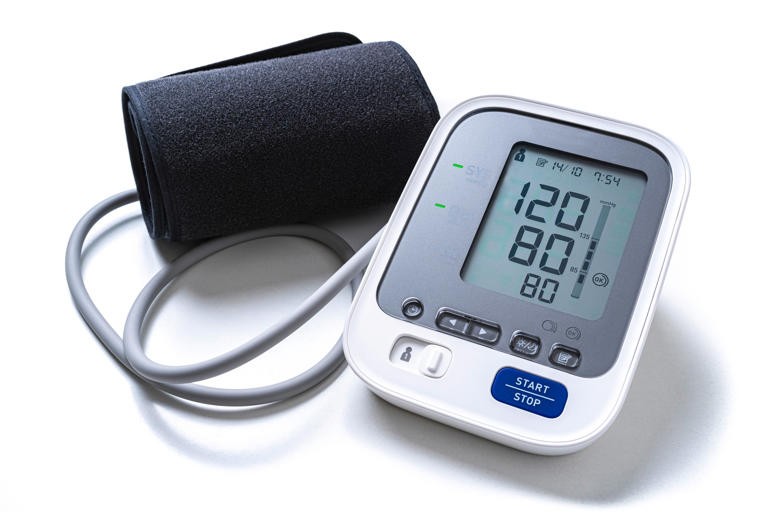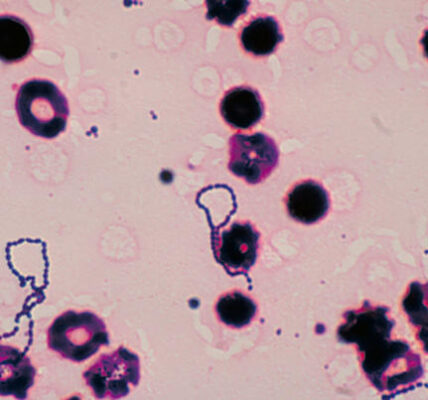Reducing Blood Pressure: 10 Easy Lifestyle Changes to Improve Your Health
Discover simple lifestyle changes to reduce your blood pressure and improve your overall health. Learn how to manage hypertension with practical tips and advice.
Reducing Blood Pressure: 10 Easy Lifestyle Changes to Improve Your Health
High blood pressure is a silent threat that affects millions worldwide, leading to numerous deaths each year. If you haven’t checked your blood pressure recently, it’s time to take action. This article explores simple lifestyle adjustments that can help you manage hypertension effectively.

Understanding Blood Pressure
Blood pressure is a vital indicator of cardiovascular health, with an ideal range typically falling between 90/60mmHg and 120/80mmHg. As we age, the risk of developing high blood pressure increases significantly. By the time we reach 80, the likelihood of hypertension rises to 80 percent. This underscores the importance of proactive measures to keep blood pressure in check.
The Role of Lifestyle
Unhealthy modern lifestyles contribute to elevated blood pressure levels. Factors like excessive salt intake, chronic stress, and sedentary habits all play a role in raising blood pressure. However, making small yet meaningful changes to our daily routines can help mitigate these risks.

1. Cut Down on Salt
Salt is a major culprit behind high blood pressure, as it causes the body to retain water, leading to increased pressure on blood vessel walls. Current guidelines recommend consuming no more than 6g of salt per day, yet many exceed this limit. Be mindful of processed foods, which often contain high levels of hidden salt.
2. Cook Fresh
Preparing meals from scratch allows you to control your salt intake while boosting your consumption of healthy vegetables. Instead of relying on salt and stock cubes for flavor, experiment with herbs and spices like paprika, black pepper, and garlic.

3. Increase Potassium Intake
Potassium-rich foods help counteract the effects of sodium on blood pressure and promote overall cardiovascular health. Incorporate foods like bananas, sweet potatoes, salmon, and leafy greens into your diet to boost potassium levels naturally.
4. Manage Stress
Stress can cause temporary spikes in blood pressure, making stress management crucial for hypertension prevention. Practices like meditation, deep breathing exercises, and yoga can help alleviate stress and promote relaxation, ultimately leading to lower blood pressure levels.
5. Monitor Your Blood Pressure Regularly
Invest in a reliable blood pressure monitor and check your readings regularly, especially if you have a family history of hypertension or other risk factors. Early detection allows for timely intervention and effective management of high blood pressure.
6. Maintain a Healthy Weight
Excess weight puts additional strain on the heart and blood vessels, increasing the risk of hypertension and other cardiovascular complications. Adopting a balanced diet and engaging in regular exercise can help achieve and maintain a healthy weight.

7. Limit Alcohol Consumption
Limit your intake to moderate levels or consider cutting back altogether to support your cardiovascular health.
8. Quit Smoking
Smoking not only damages the lungs but also increases the risk of hypertension and heart disease. Quitting smoking is one of the most impactful steps you can take to improve your overall health and lower your blood pressure.
9. Embrace Regular Exercise
Regular physical activity is essential for maintaining cardiovascular health and lowering blood pressure. Aim for at least 150 minutes of moderate-intensity exercise per week, incorporating activities like brisk walking, swimming, or cycling into your routine.
10. Prioritize Quality Sleep
Inadequate sleep can contribute to elevated blood pressure levels and other health problems. Aim for 7-8 hours of quality sleep each night by establishing a consistent sleep schedule and creating a relaxing bedtime routine.

Conclusion
High blood pressure is a significant risk factor for cardiovascular disease, stroke, and other serious health conditions. By implementing simple lifestyle changes like reducing salt intake, managing stress, and engaging in regular exercise, you can take control of your blood pressure and improve your overall health and well-being. Remember, small adjustments can lead to significant improvements in your cardiovascular health over time. Start today and prioritize your heart health for a healthier tomorrow.




